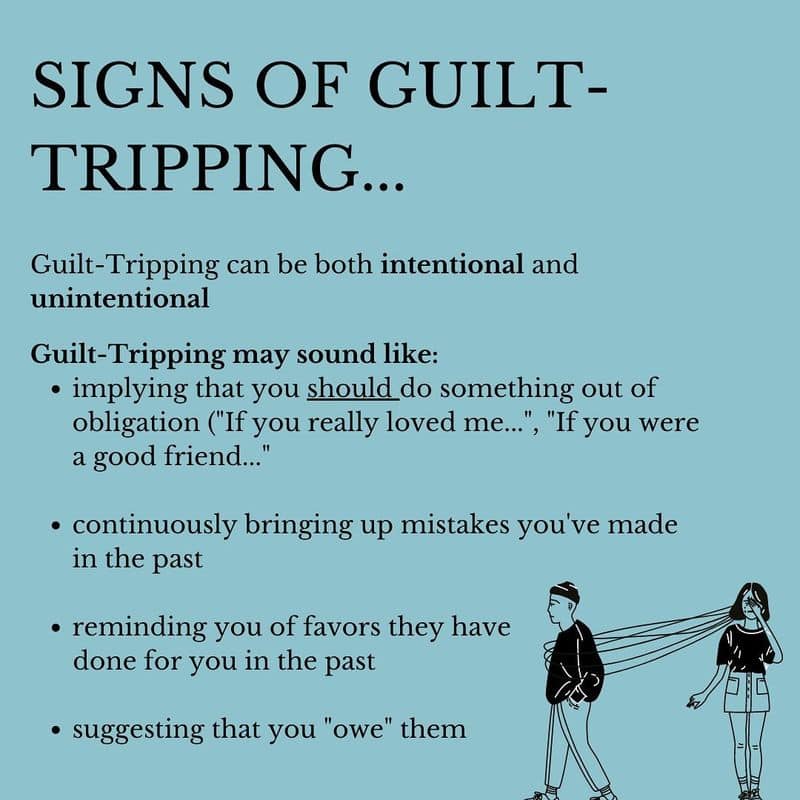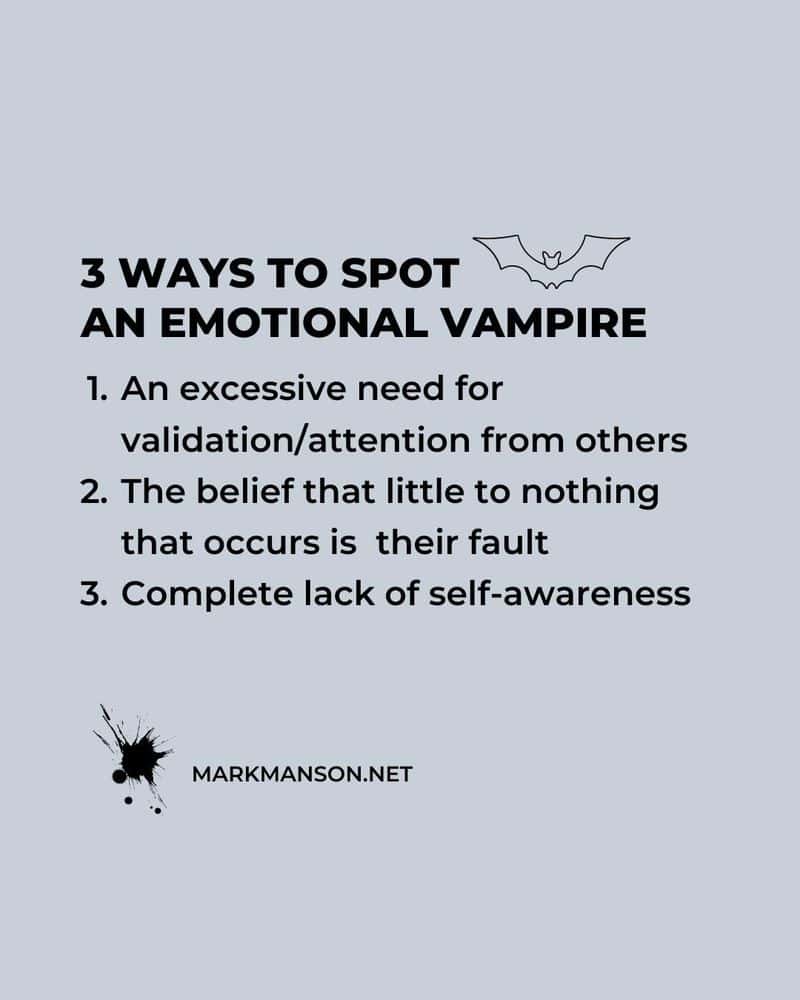Family should be a source of love and support, but sometimes relatives can be more poisonous than a box of week-old sushi.
Dealing with toxic family members is like having a splinter in your sock – irritating, painful, and hard to ignore.
Learning to spot the warning signs is the first step to protecting your mental health and finding your way back to holiday dinners that don’t end in tears or thrown mashed potatoes.
1. The Drama Llama
Every family gathering transforms into a reality TV show when this relative arrives. Mountains grow from molehills as they spin everyday situations into catastrophes requiring everyone’s immediate attention and sympathy.
Want peace? Limit information sharing with this relative to weather reports and bland food preferences. When they start spinning their drama web, excuse yourself to “check on something in the kitchen” or develop a sudden, intense interest in your phone.
Remember: their need for drama isn’t your emergency. You don’t have to RSVP to every crisis they invite you to!
2. The Guilt Trip Guide
Master of emotional manipulation, this relative packs your bags for guilt trips without your consent. Their specialty? Sighing deeply while saying, “After all I’ve done for you…” or “I guess no one cares about me anymore.”
Respond with cheerful obliviousness to break their spell. When they moan, “I’ll just sit here alone,” reply with genuine enthusiasm: “Great! Enjoy your alone time! I know how precious that can be!”
For advanced protection, prepare stock phrases like “I’m sorry you feel that way” or “That’s interesting” while mentally picturing them as a toddler having a tantrum.
3. The Reality Bender
“I never said that!” they insist, even though everyone heard them say exactly that five minutes ago. This gaslighting guru rewrites history faster than a Hollywood screenplay doctor, leaving you questioning your own memories and sanity.
Start keeping receipts – literally and figuratively. Text messages, emails, and even casual conversations can be documented with quick notes on your phone. When confronted with evidence, they’ll likely change tactics.
Consider bringing a witness to important conversations. Nothing deflates a reality bender like a third party chiming in with “Actually, you did say you’d pay for dinner. We all heard it.”
4. The Boundary Bulldozer
Your locked bedroom door is merely a suggestion to this relative. They read your diary “by accident,” give your phone number to strangers, and share your personal business at church. Privacy? They’ve never heard of her.
Time to build boundaries with concrete instead of sand. Be direct: “When you enter my room without knocking, I feel disrespected. I need you to wait for my permission before entering.” Then comes the hard part – consequences.
If they stomp across your boundaries, limit their access to you. Remember that “No” is a complete sentence, and you don’t need to JADE (Justify, Argue, Defend, Explain) your personal limits.
5. The Comparison Champion
“Your cousin got straight As AND volunteers at the hospital!” Meanwhile, your achievements collect dust on the shelf of family conversations. This relative has an Olympic gold medal in comparing you unfavorably to others.
Their comparisons reveal more about their insecurities than your worth. When they start their comparing contest, try responding with humor: “Wow, sounds like Cousin Perfect should run for president! Anyway, pass the potatoes?”
For your own sanity, create a mental highlight reel of your unique strengths. Their inability to see your value doesn’t diminish it – like a cloud passing over the sun doesn’t make it shine any less.
6. The Emotional Vampire
After spending time with this energy-sucking relative, you need a nap, therapy, and possibly an exorcism. They drain your emotional resources faster than your phone battery dies at 20%.
These vampires feed on attention and emotional labor without reciprocating. Your feelings become inconvenient distractions from their constant needs. Protection requires emotional garlic: time limits on interactions.
Schedule calls or visits with a clear end time. “I can chat until 3:00, then I have another commitment” works wonders. Remember to recharge after exposure – whether through meditation, screaming into pillows, or stress-eating ice cream straight from the container.
7. The Criticizing Commentator
This relative provides unsolicited commentary on everything from your career choices to how you load the dishwasher. Their running critique makes sports commentators seem positively silent by comparison.
Their criticism often masks their own insecurities. Try responding with genuine curiosity: “That’s an interesting perspective. What makes you say that?” This either leads to actual conversation or makes them uncomfortable enough to change subjects.
For persistent critics, the broken record technique works wonders. Repeat calmly: “I appreciate your concern, but I’m comfortable with my decision.” Eventually, even the most dedicated critic will tire of hitting the same wall.
8. The Spotlight Stealer
Got engaged? They just found out they’re having twins! Graduated college? They just bought a yacht! This relative performs conversational parkour to redirect any celebration back to themselves.
Their need for attention resembles a toddler doing cannonballs at an adult swim party. When they hijack your moment, try acknowledging their news briefly before gently steering back: “That’s great about your toe surgery! Now, as I was saying about my promotion…”
For chronic cases, enlist allies beforehand. Ask a supportive family member to help redirect conversations when the spotlight theft begins. Sometimes having backup makes all the difference between celebration and frustration.
9. The History Historian
“Remember when you wet the bed at summer camp in 1992?” This relative maintains a mental archive of your most embarrassing moments, ready for public broadcast at family gatherings. Their memory for your failures is suspiciously better than their recall of their own mistakes.
When they start their humiliating history lesson, try changing the subject immediately. If that fails, fight fire with fire: “Speaking of embarrassing stories, wasn’t it last Christmas when you…?” They’ll suddenly discover the value of discretion.
For family gatherings, prepare a few impressive recent accomplishments to share. Having positive updates ready gives conversations somewhere to go besides your awkward past.
10. The Conditional Love Contractor
Love from this relative comes with more strings attached than a marionette. Their affection depends entirely on your compliance with their unwritten rulebook. One misstep and the contract is void.
Their approval feels amazing – until you realize the cost to your authenticity. Break free by recognizing that real love doesn’t come with performance reviews. When they withhold affection, remind yourself: “Their conditions reflect their limitations, not my worth.”
Find unconditional support elsewhere while maintaining appropriate distance from the contractor. Sometimes the healthiest thing you can do is stop signing their emotional agreements and start writing your own terms.











